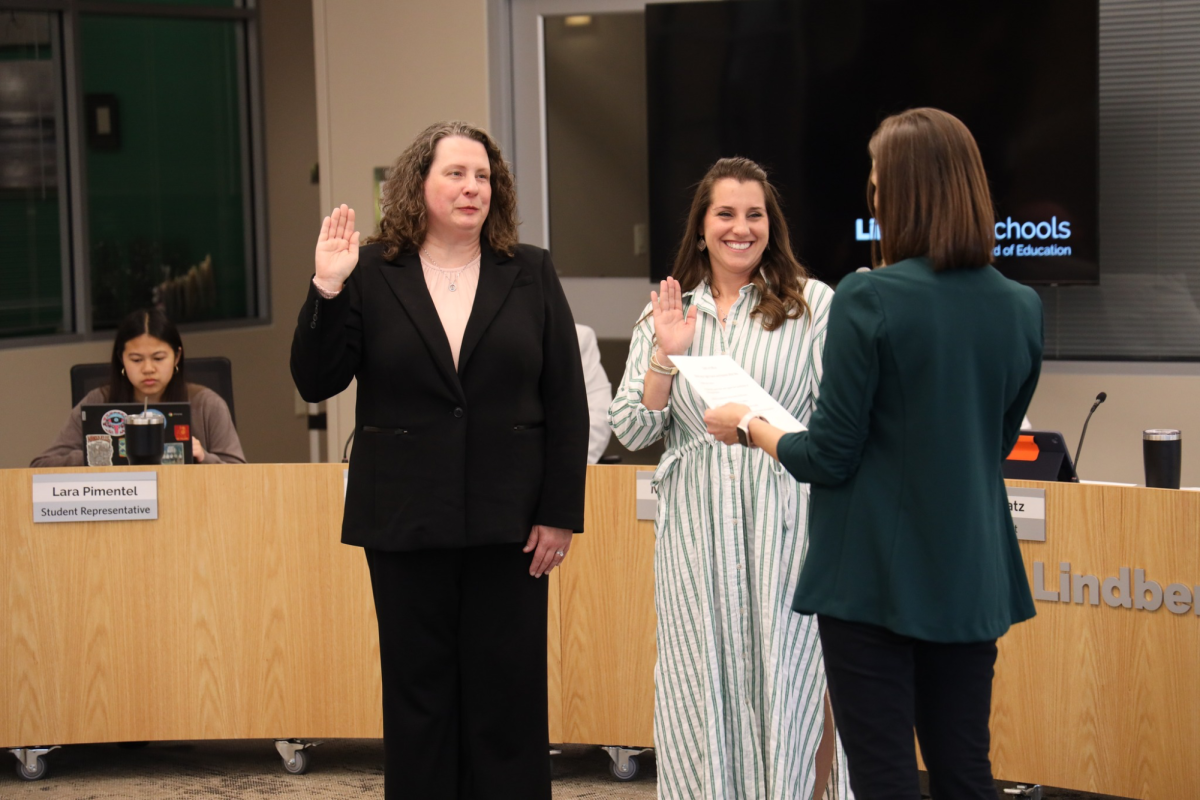A proposal last week by County Executive Charlie Dooley’s administration to roll up the county’s property tax rate by 2.3 cents was met with resistance from the County Council.
Dooley asked the council to increase the property-tax rate to 54.6 cents from 52.3 cents per $100 of assessed valuation. The owner of a $140,000 home would pay an additional $6.14 per year with the increase.
The county executive last week called for a Committee of the Whole meeting Tuesday — after the Call went to press — so council members could discuss revenue projections with the county budget director.
Officials anticipated county assessed valuations to remain the same this year — a reassessment year — as they did in 2010, resulting in the same amount of tax revenue collected, according to Director of Administration Pam Reitz. So far, Reitz wrote in an Aug. 23 letter to Dooley, the total assessed value in the county is 2.3 percent less than last year, with final results from appeals to the Board of Equalization still to come.
That amounts to a $4.3 million loss in revenue per year, she wrote.
When property values drop, most taxing entities have the option of rolling up their tax rates to recoup lost revenue. Reitz pointed out that even with the roll-up, the county’s property tax-rate still would be 15 cents below its ceiling of 69.7 cents per $100 of assessed valuation.
Dooley has said the increase would allow the county to provide a 3-percent raise to its roughly 4,000 employees, who haven’t had one in three years. In December 2008, citing a “difficult time for everybody,” the county executive proposed an across-the-board pay freeze. Two months later, Dooley proposed to cut the county’s debt-service property-tax rate to 2.8 cents per $100 from 6.3 cents per $100.
The council voted unanimously in February 2009 to approve the proposal, which reduced the county’s property-tax collection for debt service by $8.8 million in 2009 and resulted in owners of $200,000 homes saving $13.30 on their 2009 property taxes.
This time, Dooley is asking the council to increase the general fund levy to 21.3 cents from 20 cents; the health fund levy to 14.7 cents from 14 cents and the park maintenance fund levy to 5.3 cents from 5 cents.
However, council Chairman Steve Stenger, D-south county, is opposed to any property tax-rate increase at this time. The county must instead continue to find ways to “tighten our belts,” he said.
“A property tax increase in this environment is not going to happen … There are too many people in the county that are seriously hurting” Stenger told the Call, noting he gets calls on a regular basis from unemployed constituents who can’t pay their bills. “… How do we raise taxes on our citizens right now? We can’t.”
Stenger also took issue with comments Dooley, who is also a Democrat, made recently to media outlets that the county would face a “crisis” and be forced to lay off employees if the tax rate did not increase.
The councilman, who is an attorney and a certified public accountant, cited a quarterly financial report that stated the county collected roughly $15.7 million in property-tax revenue through the second quarter of 2011 — $1.2 million, or 8.3 percent, ahead of property-tax revenues for the first two quarters of 2010. Property tax collections are ahead, the report stated, “due to delinquent tax payments which are trending higher because fewer people are paying their bills on a current basis. In 2010, only 83.7 percent of tax bills were paid on time.”
The report also stated general revenues through the second quarter of 2011 totaled $89 million, running $824,000 — or 0.9 percent — behind 2010 general revenues.
“If everything continues as is, it’s roughly $1.6 million that we’d be down. That can easily be made up for with more conservative appropriations as opposed to” a tax-rate increase, Stenger said.
In addition, Stenger referenced a 2012 “budget kickoff” presentation that reports total 2010 county revenues were $10.5 million more than expected. The document also states $13.5 million more than expected was returned to the county’s coffers in 2010 because it was not spent.
“So you take those two figures together and that means we had $24 million more starting (the year),” Stenger said.
Further, the sum of the county’s general; road and bridge; health and park maintenance fund balances was $82.5 million at the end of 2010, the document stated.
The proposed employee pay increase — which would cost roughly $2 million for each 1-percent increase — could be paid out of the general fund balance, which totaled $35.9 million at the end of 2010, he said.
“A raise does not have to be permanent, and I think what’s been discussed was a merit increase, not necessarily an ongoing raise that would be compounded every year but at least a one-time increase,” the chairman said. “And this would cover things like … the employees’ share of health insurance premiums and basic costs of living. So it’s a merit increase, not a raise per se. And that’s the only thing that’s been discussed by both sides … the executive branch and the County Council. That’s what we were talking about.”
Administration officials were unavailable for additional comment before press time.
Some council members told reporters after last week’s council meeting they would not support the proposed tax-rate roll-up.
“I think we can … come up with another way to give the employees a raise,” said 1st District Councilwoman Hazel Erby, D-University City.
Seventh District Councilman Greg Quinn, R-Ballwin, said there has been “a lot of belt-tightening among the people we represent, and I think St. Louis County needs to do the same thing.”
If the county closely monitors new expenditures over the next year and trims some of them down, then “if our priority is to give a raise to county employees, I think we’ll be able to give them a modest raise without a tax increase,” Quinn said.
A few residents opposed the proposal during a period for public comments last week.
“You sit there and you think 2.3 (cents) is not a big deal, but (for) someone that does live from paycheck to paycheck it is a big deal,” Cheryl Thompson of Fenton said. “… You don’t realize what it’s like when you live like that. And I understand we all want to get our raises each year, but sometimes you have to do without in order to save someone else.”
Kirkwood resident Sarah Haenni contended there’s no reason county employees “should not share the same pain that the private sector who funds them is feeling.”
“The principle is we’re all in the boat together, swimming in the same direction, or we’re not,” Haenni said. “And when we’re not, it creates strife, it creates conflict, it creates dissension. It’s wrong … We’ve been dealing with this for four years, and we’re still paying the bills. So get on the right track. Get on the same page as the people who are paying the bills and realize that the government and the private sector have to start working together or we’re toast.”






















